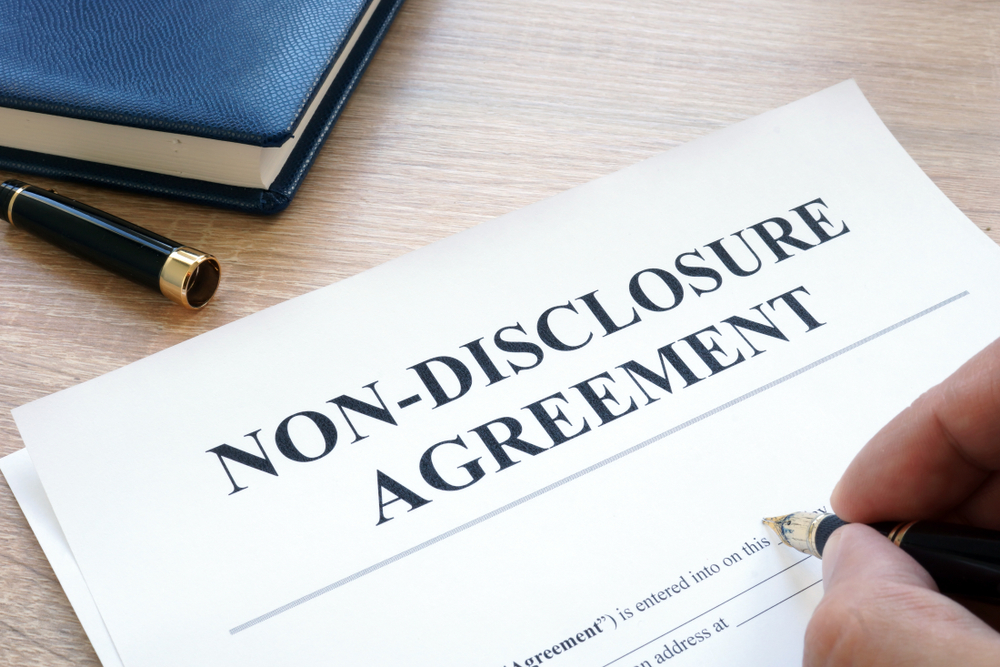
Businesses often hold a great deal of confidential and sensitive information, such as business processes, trade secrets, and customer information.
However, there are situations where your business may need to disclose such information to third parties. For example, if you are looking to sell your business, a potential buyer may need information to conduct its due diligence. Alternatively, you may want to enter into a close business arrangement with a supplier or distributor.
Before you share your secrets, we strongly recommend that you ask the recipient to sign a Non-Disclosure Agreement (NDA), which is sometimes also referred to as a confidentiality agreement or deed. Without an NDA, you may not be able to stop the recipient from copying the information. They may sell the information or use it to compete with your business.
A well-drafted NDA will, among other matters:
- Require the recipient of the information to keep it confidential, and only disclose it in limited circumstances (e.g., where authorised by the disclosing party, or where required by law);
- Require the recipient to take safeguards to protect the confidential information, and advise the disclosing party of any suspected breach;
- Require the recipient to return or destroy any documents containing confidential information upon the disclosing party’s written request;
- Contain a release and indemnity from the recipient in favour of the disclosing party, for any breach of the recipient’s obligations; and
- Include an acknowledgement that a disclosing party may seek injunction in respect of any breach or threatened breach. An injunction a court order which requires a party to do or refrain from specific acts.
When preparing an NDA, some key matters to consider are:
- Who will be disclosing confidential information? Is it one party disclosing to the other, or will both parties disclose? Where a disclosing party is a company, we recommend clarifying whether information will be provided by the directors, secretary or employees.
- Who will receive the confidential information? Should there be a nominated person?
- What purpose will the recipient be allowed to use the information for?
- Should there also be a restriction on the recipient attempting to ‘poach’ employees from the disclosing party?
These are only some of the considerations when preparing Non-Disclosure Agreements. The experienced commercial team at Rouse Lawyers can certainly assist further. Please don’t hesitate to get in touch.
